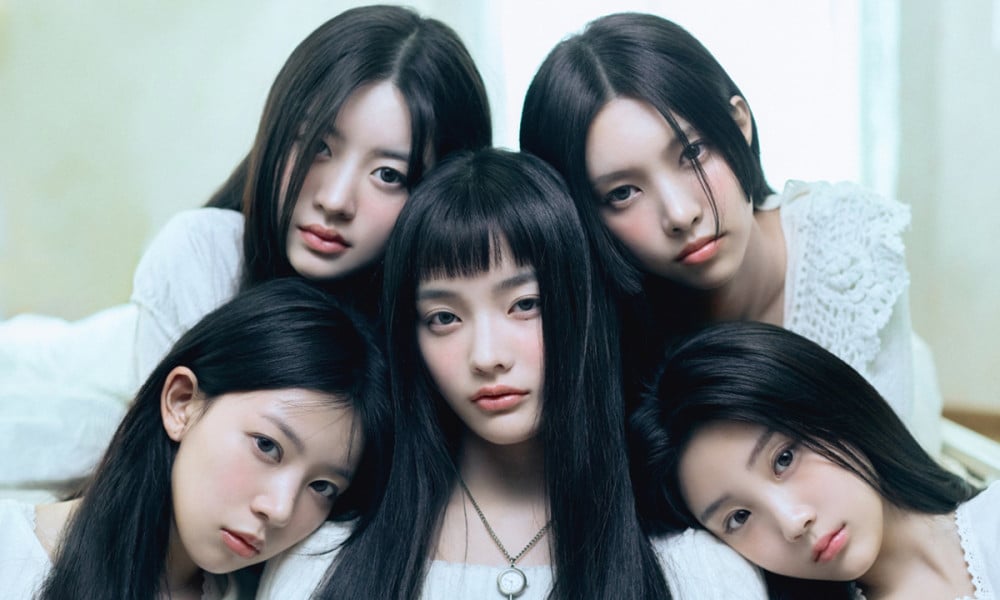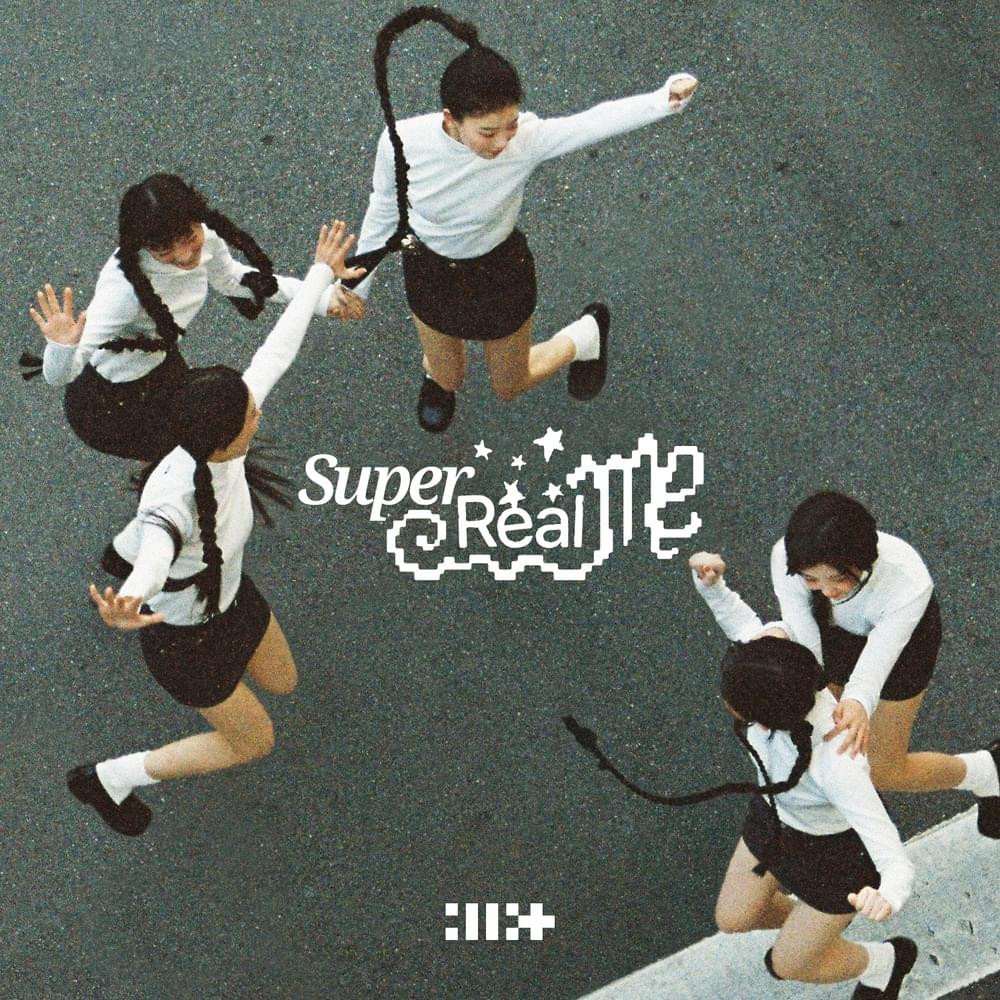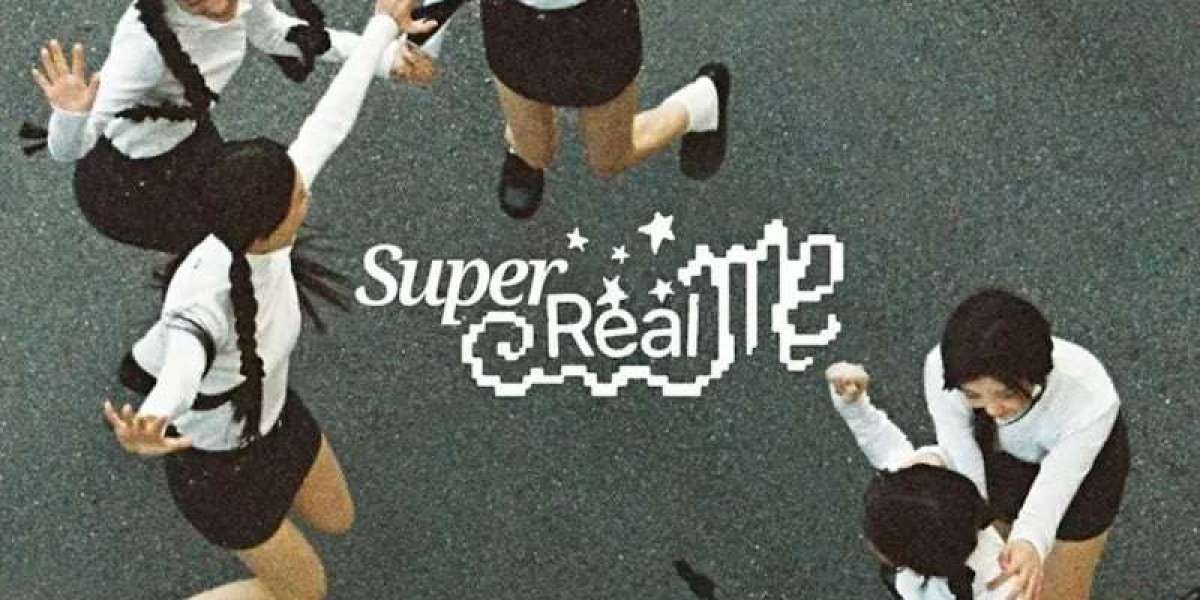before we start, I just wanted to say STAWP ACCUSING EACHOTHER AND TAKE RESPONSIBLITY/COMMITMENT FOR YOUR WRONG DOINGS.

Previously, issues over an album sales tactic in the K-Pop industry, the so-called "advanced purchase" tactic, garnered attention after it was mentioned in an email sent by CEO Min Hee Jin of ADOR to HYBE Labels executives in April.
According to the email, HYBE suggested that ADOR use the "advanced purchase" tactic to increase the first-week sales of NewJeans' 'Get Up' by 100,000 copies, but Min Hee Jin rejected the suggestion.
While HYBE Labels has since denied allegations that it uses the "advanced purchase" tactic to increase its artists' album sales, a similar, "underhanded" tactic is also rising to the surface.
If the "advanced purchase" tactic is used by agencies to increase album sales numbers, how do agencies "rig" or "buy out" digital streams?
The Korean media has decided to call it "viral marketing", but in the United States, a more familiar term might be "payola".

According to one business owner in their thirties, every time they play a hip-hop/R&B genre playlist at their store, a rookie girl group song that is far from the genre of hip-hop/R&B comes on as a part of the mix. However, because the song did not fit with the vibe of their establishment, the store owner skipped it. And yet still, the same song came on 7~8 times, irritating the business owner, who commented, "I do not want to listen to that song ever again."
This "viral marketing" tactic allows entertainment agencies to pay global streaming services such as YouTube Music, Spotify, Apple Music, and Melon as much as 10 billion KRW (~ $7.3 million USD) so that the song they wish to promote can be "suggested" in popular playlists. Although no one consciously chose to "stream" this song, it suddenly plays in random places at random times, regardless of whether or not listeners want to listen to it or not.
Many believe that this "viral marketing" tactic, or "payola" tactic, fully counts as a form of "sajaegi" (chart manipulation). Korean netizens wish to see this tactic formally "investigated" by the Korea Fair Trade Commission. According to the Fair Trade Commission, "viral marketing" tactics cannot be considered "sajaegi" at this time if it is considered one form of advertisement. However, if this tactic leads to other problems, such as "lying to or tricking consumers" or violation of "fair competition" laws, it may require an investigation after all.
Most recently, HYBE Labels rookie girl group ILLIT came under fire for using this "viral marketing"/"payola" tactic for their debut title track, "Magnetic".
And lately Illit got crit again for plagiarism over shopping mall poster like come on now, seriously hbye?
What do you think of these "underhanded" tactics for increasing sales and streams?









